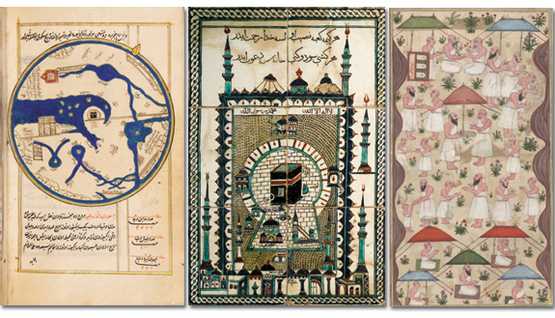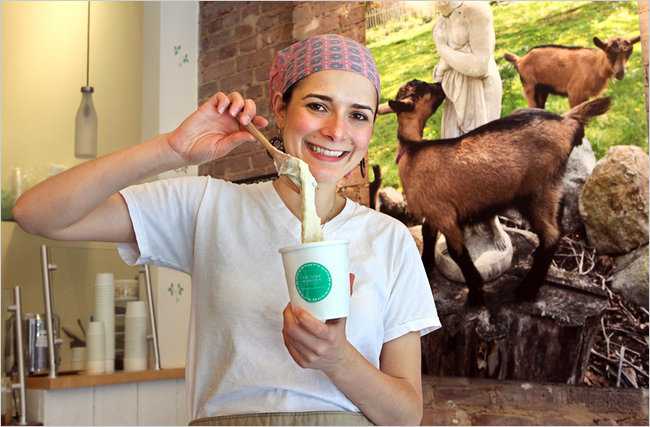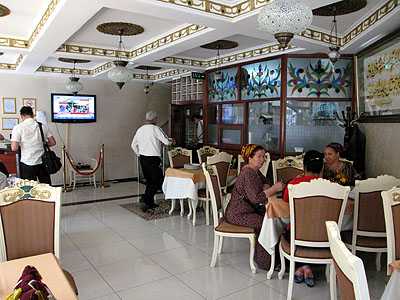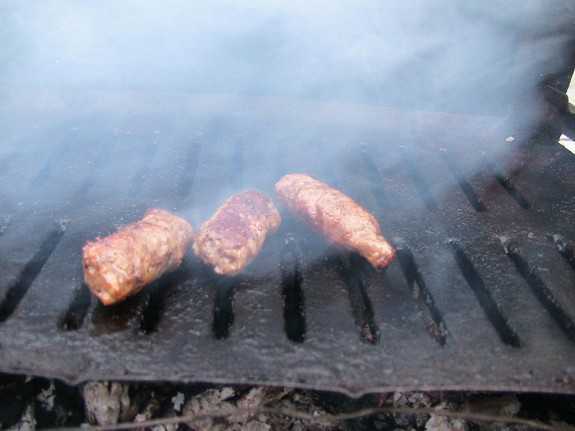Sercan Unsal is drawing solace from serving delicious Turkish dishes to the residents of the city
“I am not the owner. Allah is the sole owner of everything. I am the caretaker. I serve the people,” Sercan Unsal interrupts, on being addressed as the owner of Alaturka, a fast food Turkish restaurant in Delhi. The entrepreneur then harks back to his college days in the late ’90s and talks about his reasons for choosing India for pursuing graduation and higher studies. “I wanted to study commerce, but in an English medium college, which was unfortunately unavailable in our country those days. Though most of the colleges which suited my convenience were located in Europe, I chose India as it was economical. So, I pursued my B.Com from Delhi College of Arts and Commerce, University of Delhi. And then, I went ahead with my masters in Commerce.” He has been living here ever since.
The young Turk lived with the dream of opening a restaurant offering traditional Turkish fare in the city and he finally realised it in 2008. Such a desire was triggered off by several incidents one of them being when once in 1996, he asked for doner kabab at a restaurant and was told that it wasn’t available.
Now, Sercan proudly sells this staple Turkish delicacy from his popular restaurant located at Select City Walk in Saket. Doner kebabs are made mainly of lamb meat, cooked on a vertical spit and then sliced off to order. The other authentic dishes available at his joint are falafel and humus rolls which cater to the vegetarians of the Capital. Though most of the dishes carry authentic Turkish flavour, usually hot and spicy, a few like their tomato chilli sauce, have been altered to suit the Indian taste.
Unsal believes in serving bona-fide Turkish food in his restaurant so he uses traditional spices like sumac, tahina (paste), wine leaf, chilli flakes and chilli paste, imported from Turkey. “Sumac has a royal history. It is sour in taste and was used in spicing up the salads prepared for the Sultans as it has a tendency to increase the appetite.”
His start-up is slowly gaining popularity. “On Christmas eve and Christmas day we have our little shop full of customers demanding doner kabab rolls and falafel rolls. On the blessed days, the queue surpasses the door of our restaurant.”
And thanks to the response, Alaturka is now on an expansion spree. There are Alaturks coming up in Pacific Mall, Subhash Nagar, Ambience Mall and Vasant Kunj. In addition to these, around 10 more Alaturka restaurants are being planned for the Capital.
Drawing comparisons between Indian and Turkish cuisine, Unsal explains, “If you talk of taste, it’s pretty similar to Turkish food. Otherwise, Indian food and Turkish food preparation have very few differences like the type of oil used, and the sort of spices used. As a rule, olive oil is used in almost all the Turkish delicacies whereas Indian food prefers going heavy with ghee and butter. As a result, one still feels lighter after stuffing a full-fledged Turkish meal than one feels after having Indian dal makhni and tandoor breads dripping in butter.”
via The Hindu : Life & Style / Metroplus : Turkey welcomes you.






